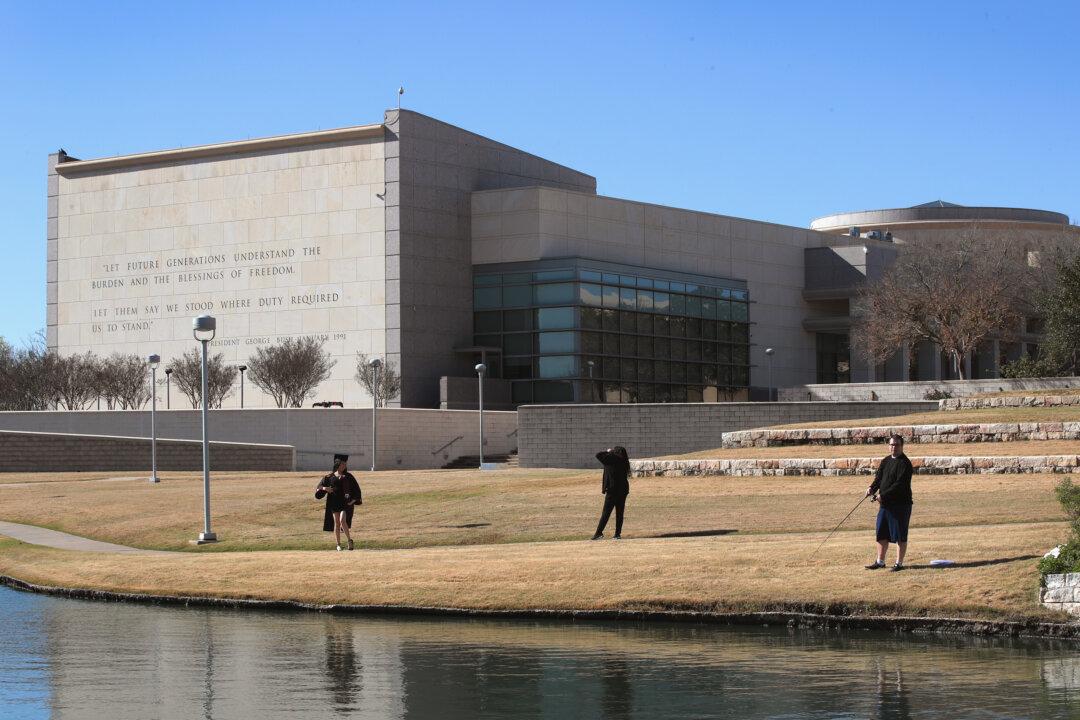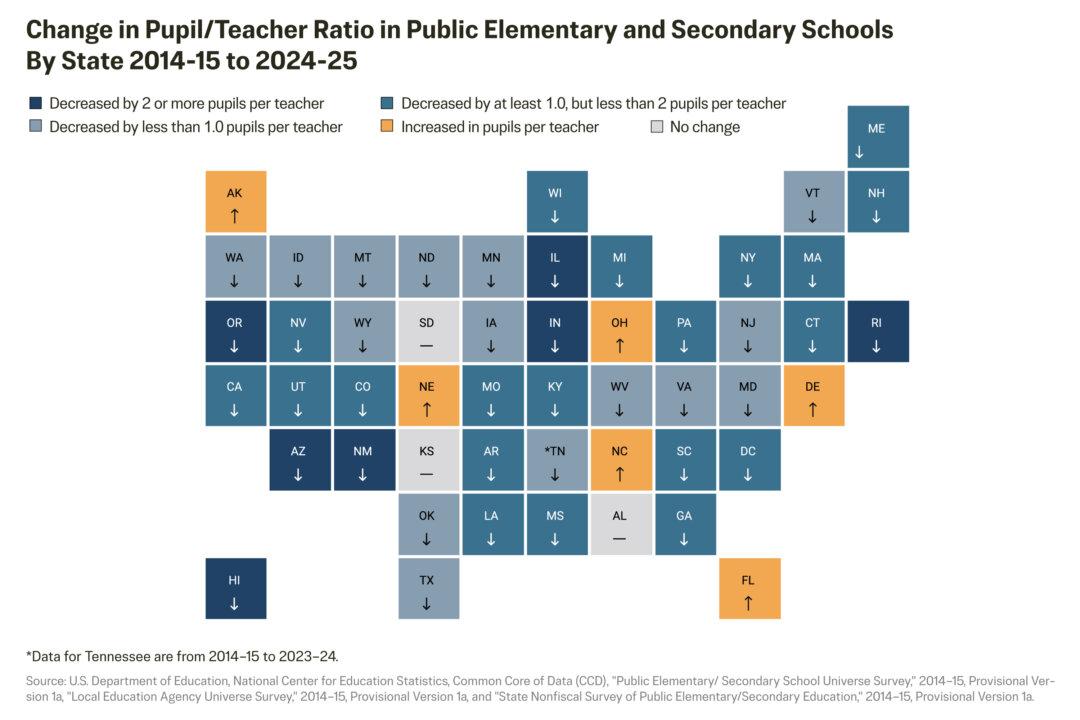Now that Harvard University has rejected a list of conditions from the Trump administration implicating billions in future federal funding, the lines between campus free speech, racial policies, and federal oversight of higher education activities could ultimately be drawn in federal courts.
The federal Joint Task Force on Anti-Semitism announced on April 14 that it is freezing $2.2 billion in grants and $60 million in contracts in response to the university’s alleged refusal to take steps to combat campus anti-Semitism and end DEI (diversity, equity, and inclusion) initiatives.





